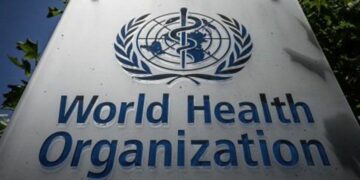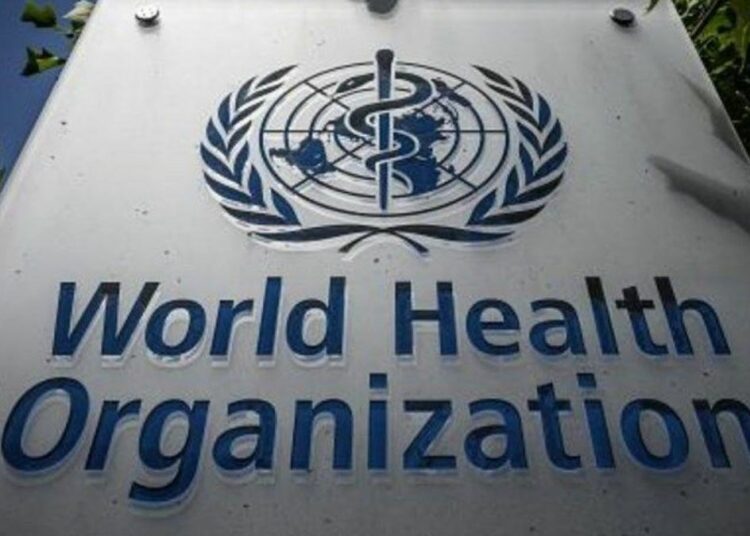The World Health Organization (WHO) has come under scrutiny for its allocation of funds in its sexual health and reproduction program. The program, run by the WHO’s Human Reproduction Programme (HRP), dedicated 11% of its budget for 2022-23 to projects related to abortion services worldwide.
Among these projects are the development of an “evidence base” used to advocate for the introduction of at-home abortions and efforts to increase the availability of medications used in medical abortions. In comparison, only 5% of the budget is directed towards programs addressing violence against women and girls, and 15% towards maternal and perinatal health.
This disproportionate allocation of funds raises questions about the WHO’s priorities. Focusing so heavily on abortion provision neglects other pressing issues such as violence against women and maternal health.
Furthermore, the funding for the HRP comes from voluntary contributions, including from the UK Government, through the Foreign, Commonwealth & Development Office. However, recent polls show that the majority of the general population opposes taxpayer money being used to fund abortions overseas.
Critics are calling for a reevaluation of funding priorities, suggesting that resources should be redirected towards supporting women to access the necessary support to choose life for their children, arguing that this would better serve the needs of women and girls worldwide.
As debates around abortion continue, the use of taxpayer money and the allocation of funds within international organizations like the WHO remains a contentious topic, with differing perspectives on where resources should be directed.




















Discussion about this post